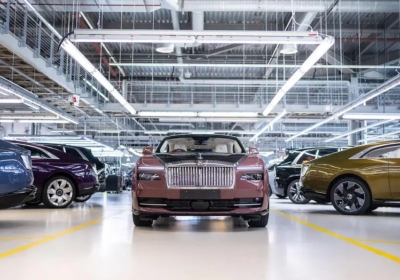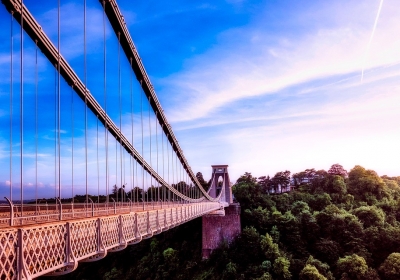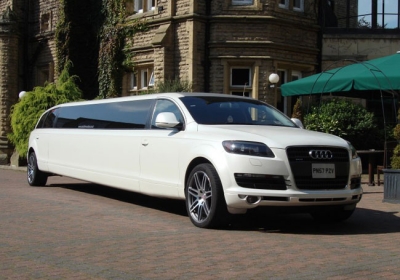 Chinese local governments are auctioning off officials’ luxury cars in the wake of the country’s economic slowdown, according to recent reports. Cities across China, who are already suffering the effects of a sluggish growth witnessed by the country over five quarters, are auctioning off the likes of Audi, Maserati and Toyata Land Cruiser in order to cut costs and increase transparency.
Chinese local governments are auctioning off officials’ luxury cars in the wake of the country’s economic slowdown, according to recent reports. Cities across China, who are already suffering the effects of a sluggish growth witnessed by the country over five quarters, are auctioning off the likes of Audi, Maserati and Toyata Land Cruiser in order to cut costs and increase transparency.
Worst hit among the regions is Chinese coastal city of Wenzhou, which has sold off 215 cars over the weekend raising a staggering $1.7m. The city predicts to sell another 1300 by the end of the year. The local government in Wenzhou have offered a variety of transportation subsidies for its employees left without a car ranging from 300 yuan ($47) to 3100 yuan ($487) to be paid on a monthly basis and according to rank.
Other cities selling off their official-owned luxury cars include Yulin in the Shaanxi province, Changzhou, and Nanchang. Yulin raised a whopping CNY 5.6m ($880,433) selling 19 cars on one day in June. The city formerly famous for coal mines brought in approximate CNY 292,600 per car, reported the Communist party newspaper People’s Daily.
The most famous vehicle to go under the hammer are China’s favourite tinted-window black Audis, a favourite among the country’s officials. China is the German car manufacturers’ largest market with every 1 in 5 Audis on the roads an official car. While auctioning off government cars have been practiced in the past, the Chinese government and its state media are urging local governments to heed the route now than ever before. State media reports that all money from these sales would directly bolster the city’s coffers and local governments have been urged to sell all official luxury vehicles barring ambulances and police cars.
Local government expert and professor at People’s University in Beijing, Tao Ran, said: “It is a sign of the difficulties facing city finances.”
Official cars costs China an incredible CNY 100bn annually and the financial burden is now being felt as the country continues to face a downwards pressure. If the economy doesn’t pick up, China faces the threat of a similar economic slum to that of 2008/09.




